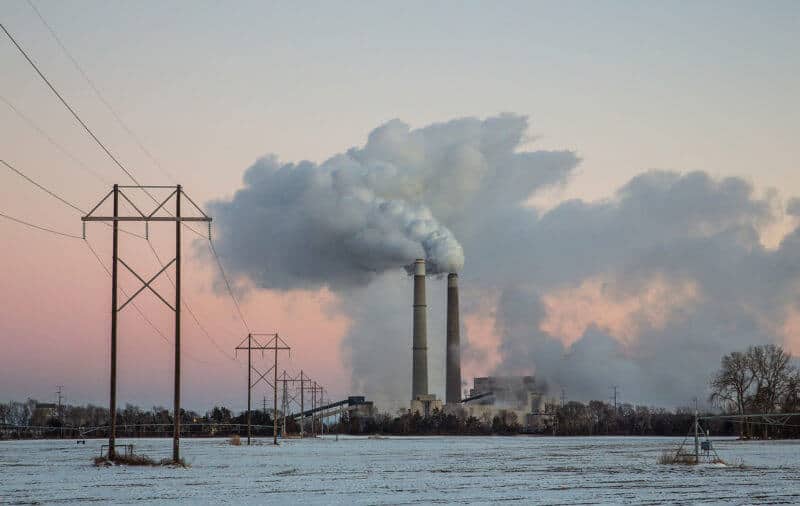If nations commit immediately not to replace fossil fuel infrastructure as it reaches the end of its expected lifetime, the world would have a 64 percent chance of keeping global warming below 1.5 degrees Celsius, according to a new study published in the journal Nature Communications.
To do this, the study argues, all fossil fuel infrastructure — from power plants, pipelines, and industrial facilities to vehicles, ships, and planes — would need to be replaced with zero-carbon alternatives at the end of their lifetimes. Delaying this phase-out until 2030 reduces below 50 percent the likelihood that the world could stay under 1.5 degrees C of warming, the study’s authors wrote.
The study, led by Christopher Smith, an atmospheric scientist at the University of Leeds in the UK, assumed a lifespan for power plants of 40 years, 15 years for cars, and 26 years for planes. It also assumed a rapid decline in the beef and dairy industry, a major source of greenhouse gases.
“It’s good news from a geophysical point of view,” Smith told The Guardian. “But on the other side of the coin, the [immediate fossil fuel phaseout] is really at the limit of what we could we possibly do. We are basically saying we can’t build anything now that emits fossil fuels.”
If our reporting has informed or inspired you, please consider making a donation. Every contribution, no matter the size, empowers us to continue delivering accurate, engaging, and trustworthy science and medical news. Independent journalism requires time, effort, and resources—your support ensures we can keep uncovering the stories that matter most to you.
Join us in making knowledge accessible and impactful. Thank you for standing with us!

